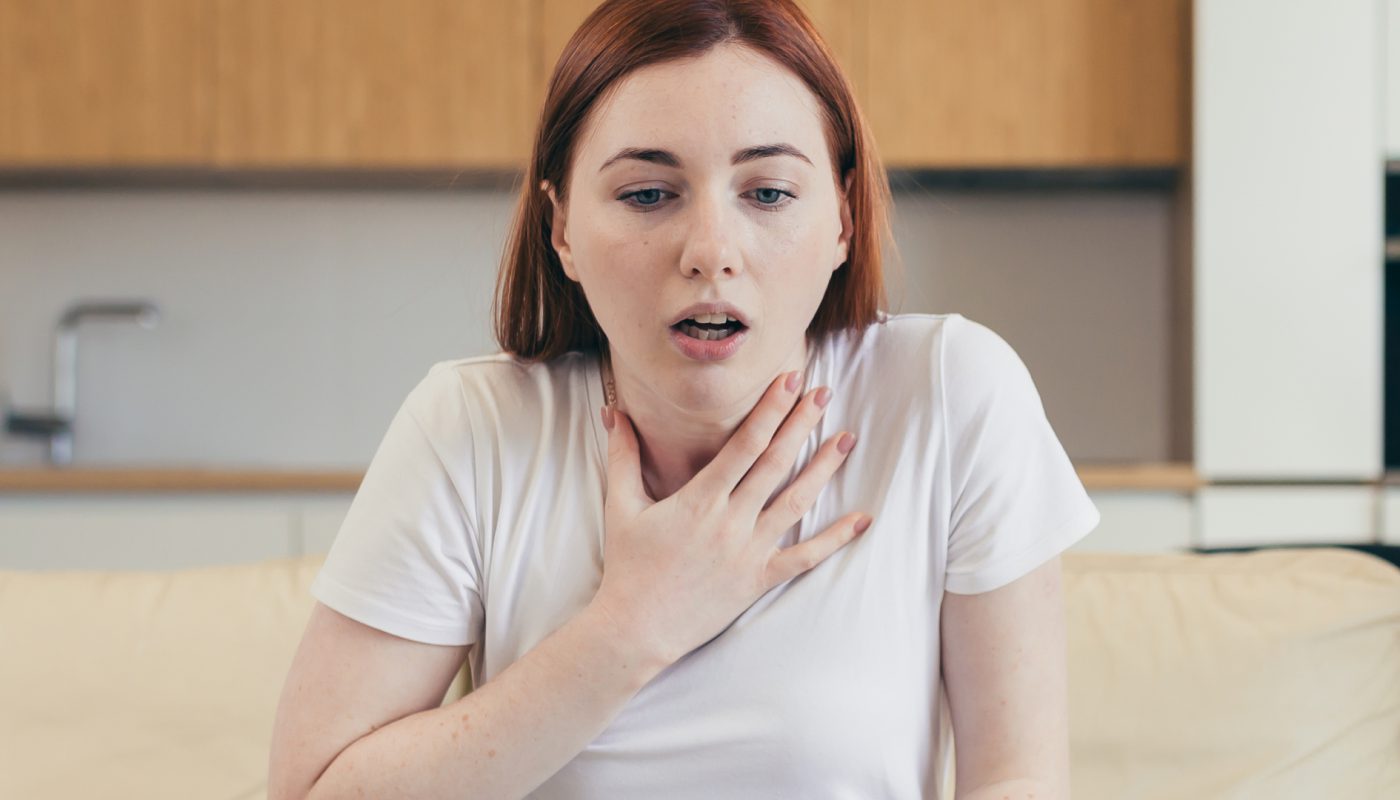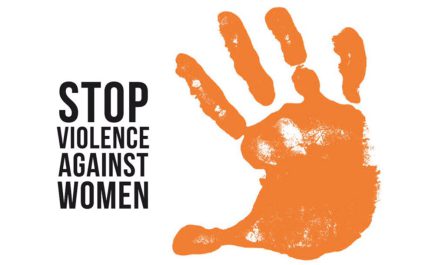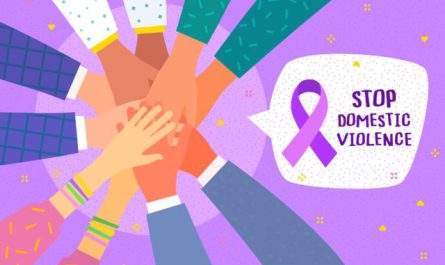Panic Attack Awareness Day
Panic attacks can be debilitating, leaving individuals feeling overwhelmed, frightened, and out of control. The 10th of July is recognized as Panic Attack Awareness Day, a day devoted to educating people about panic attacks, fostering understanding, and providing support to individuals who suffer from them. The article attempts to educate readers on panic attacks, their effects, and ways that each of us can help create a more understanding and helpful culture that is more understanding and helpful.
Extreme anxiety or terror can suddenly and violently manifest as panic attacks.The severity and length of the symptoms can differ from person to person. A panic episode can last up to an hour and often peaks in a matter of minutes. People may experience physical or mental exhaustion after the attack has subsided. In order to manage panic attacks and related anxiety disorders, mental health specialists can provide an accurate diagnosis, efficient treatment options, and support. These attacks may come on suddenly, occasionally with no obvious cause, or they may be brought on by particular circumstances or phobias. A panic attack is a rapid, intense bout of overwhelming anxiety that may include both physical and psychological symptoms. To better understand and assist those who experience panic attacks, it’s critical to be able to identify their symptoms. Here are a few typical signs and symptoms of panic attacks:
Physical Signs:
- Rapid heartbeat or palpitations
- Shortness of breath or hyperventilation
- Chest pain or discomfort
- Feeling lightheaded or dizzy
- Sweating or chills
- Trembling or shaking
- Nausea or stomach discomfort
- Feeling a sense of choking or suffocation
- Hot flashes or sudden temperature changes
- Tingling or numbness in the extremities
Emotional and Cognitive Symptoms:
- Intense fear or terror
- Feeling out of control or going crazy
- Fear of dying or impending doom
- Feeling detached from oneself or reality (depersonalization or derealization)
- An overwhelming sense of dread or impending danger
- Confusion or difficulty concentrating
- Racing thoughts or a sense of losing control over one’s mind
- Feeling restless or on edge
Behavioral Symptoms:
- Avoidance of certain places, situations, or triggers that may be associated with past panic attacks
- Social withdrawal or isolation due to fear of having an attack in public
- Changes in daily routines or activities to accommodate the fear of having an attack
- Seeking reassurance or constantly checking one’s body for physical symptoms
- Difficulty focusing on tasks or engaging in activities during a panic attack
Always keep in mind that your empathy and compassion can have a big impact on the well-being and healing process of those who experience panic attacks.
People who are having a panic attack may feel out of control, which can cause them to fear getting hurt or even dying. These episodes’ overpowering nature can have a serious negative effect on a person’s mental and emotional health, which can have an influence on many different elements of their lives.
Understanding the Effect: Meeting Everyday Challenges
- Emotional Cost: People who experience panic episodes may feel emotionally spent, uneasy, and tense. The anxiety that comes with anticipating future attacks might cause people to curtail their activities or stay away from circumstances that can set them off. The emotional cost can lead to lowered self-esteem, elevated anxiety levels, and a worsened standard of living.
- Physical Well-being: Having a panic episode can have a negative impact on one’s physical health. The symptoms, such as a racing heartbeat, shortness of breath, and others, might mimic serious medical diseases, raising stress levels and raising potential health issues. The body’s ongoing stress can also cause weariness, tense muscles, and sleep difficulties.
- Social interactions: A person’s social life might be substantially impacted by panic attacks. Social withdrawal and isolation might result from the fear of being evaluated by others or having an assault in public. As people seek to communicate their experiences to loved ones, relationships may suffer, which can result in feelings of isolation and misunderstanding.
- Work and Education: Panic attacks can obstruct academic and professional endeavors. Concentration and productivity can be hindered by the worry of having an attack at work, during a presentation, or while studying. The inability to fulfill deadlines, attend crucial meetings, or grow professionally may cause people to feel more stressed and frustrated.
Panic Attack Awareness Day serves as an opportunity to create a more compassionate and informed society. Here are some ways that we can help:
- Education and Information: Provide factual information regarding panic attacks, their signs and symptoms, and the remedies that are accessible. debunk falsehoods about panic attacks and lessen stigma by educating yourself and others.
- Promoting Empathy and Understanding: Encourage empathy and understanding by patiently listening to those who suffer from panic attacks. To create safe venues where people can share their stories and seek assistance, promote open discussions about mental health.
- Support networks: Provide assistance to friends, relatives, or coworkers who experience panic attacks. During their trying times, offer assurance, comprehension, and a nonjudgmental presence. Encourage them to consult a specialist, and aid them in locating appropriate resources.
- Mental Health Advocacy: Participate in projects promoting mental health by becoming an advocate. Support organizations and initiatives that promote understanding, offer tools, and fight for improved access to mental health care for people who suffer from panic attacks.
- Self-care and Stress Reduction: Put self-care practices and stress management skills at the top of your list of priorities. You can support others and help build a more compassionate society by taking care of your own well-being.
The importance of empathy, support, and understanding in assisting people who are experiencing panic attacks is brought home by Panic Attack Awareness Day. We can contribute to a world where people who experience panic attacks feel validated, supported, and empowered to get the treatment they require by raising awareness, developing understanding, and creating welcoming surroundings. Together, let’s smash stigmatization barriers and create a more welcoming and compassionate society on this day and every day.




